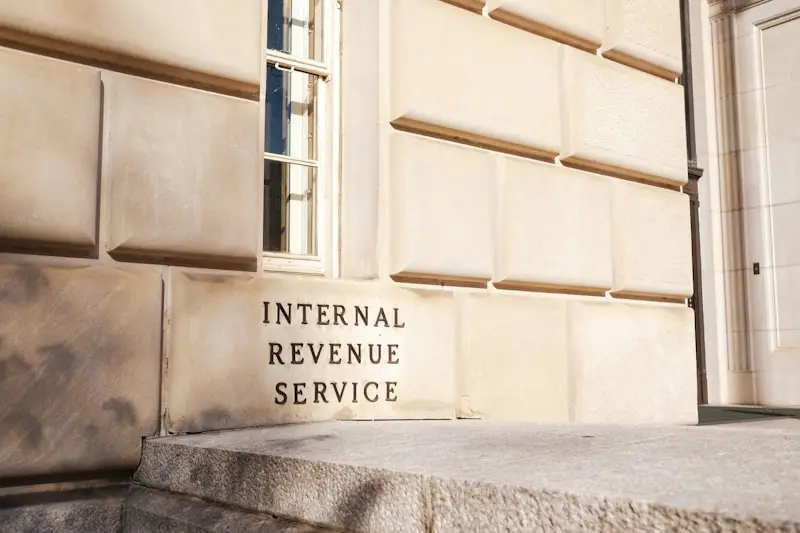DHS Secretary Requests IRS Assistance for Immigration Enforcement
In an unprecedented move, Department of Homeland Security (DHS) Secretary Kristi Noem has reached out to the U.S. Treasury Department, requesting the assistance of Internal Revenue Service (IRS) agents in the nation’s immigration and enforcement efforts. A letter sent to U.S. Treasury Secretary Scott Bessent last week outlined the DHS’s request, marking a potential shift in the way immigration enforcement is handled in the United States.
This request comes amid escalating debates over immigration policies and enforcement in the United States. It signals a new approach by the DHS, potentially expanding the role of federal agencies in immigration matters. The letter, however, did not specify the exact nature of the role IRS agents would play in these efforts. It also remains unclear how many agents would be required or the potential cost of such a move.
Uncharted Territory for the IRS
If approved, the move would mark an unprecedented expansion of the role of the IRS, an agency primarily tasked with the administration of the federal taxation system. Critics have raised concerns about the potential for such a shift, questioning whether IRS agents have the necessary training or resources to effectively assist in immigration enforcement.
Others have expressed concerns about the potential for conflicts of interest, noting that the IRS’s primary role as a tax collection agency could be compromised. There are fears that this move could deter individuals, particularly immigrants, from filing their taxes if they fear potential immigration enforcement repercussions.
Response from the Treasury Department
As of yet, the Treasury Department has not publicly responded to Secretary Noem’s request. The Department’s response will likely hinge on a number of factors, including the potential legal and logistical implications of such a move, as well as the response from IRS agents themselves.
The IRS has been under considerable strain in recent years, with budget cuts and increased workloads leading to significant staff shortages. As such, the feasibility of diverting IRS resources towards immigration enforcement is likely to be a major point of consideration in the Treasury Department’s response.
Implications for Immigration Policy
Secretary Noem’s request, if granted, could signal a significant shift in U.S. immigration policy. It would reflect a broader trend towards the use of federal agencies in immigration enforcement, a move that has been met with controversy in recent years.
Proponents argue that the use of federal agencies can improve efficiency and effectiveness in immigration enforcement. However, critics argue that it risks politicizing these agencies and straying from their original mandates. The potential for the IRS to become involved in immigration enforcement is likely to intensify these debates.
As the nation awaits a response from the Treasury Department, the implications of Secretary Noem’s request are being closely scrutinized by policymakers, immigration advocates, and the public alike.
It remains to be seen whether the IRS will indeed become a part of the nation’s immigration enforcement efforts, and if so, how this will impact not only the agency itself, but the larger landscape of U.S. immigration policy.















